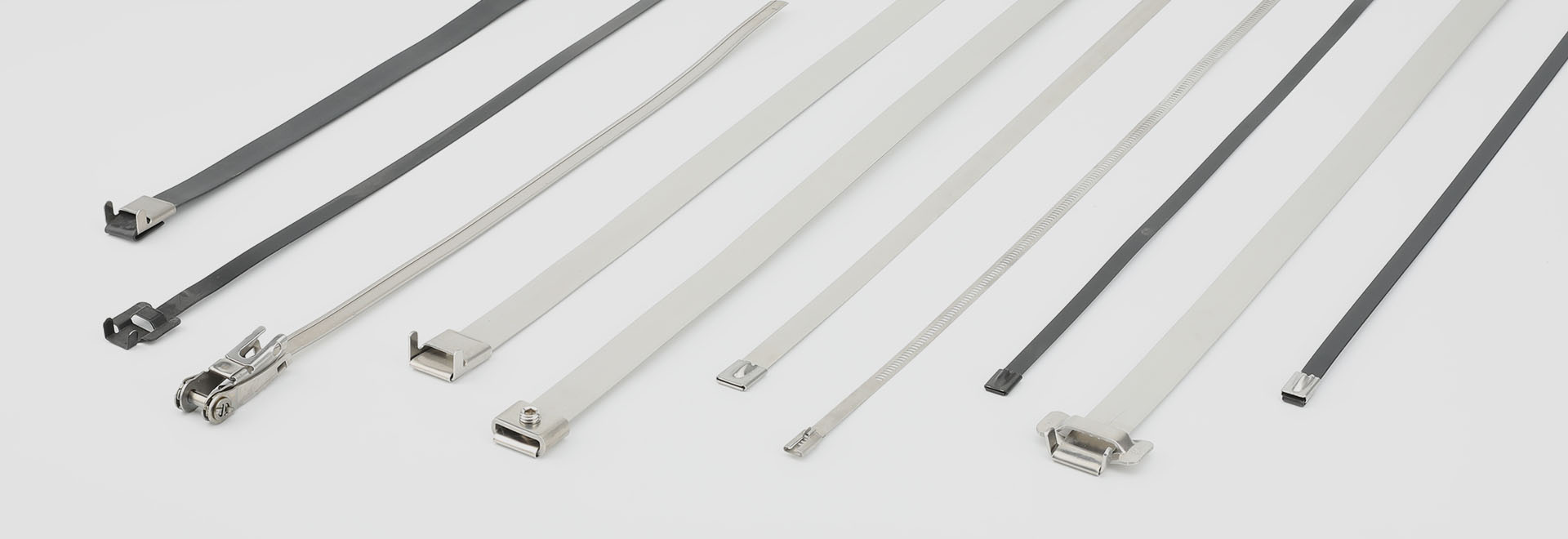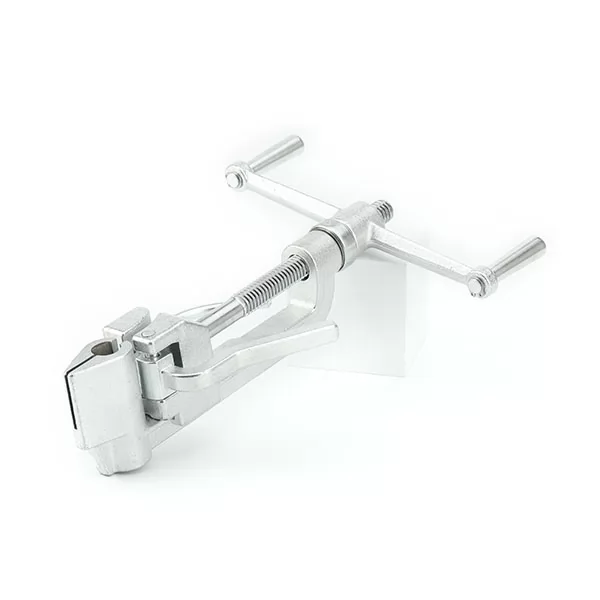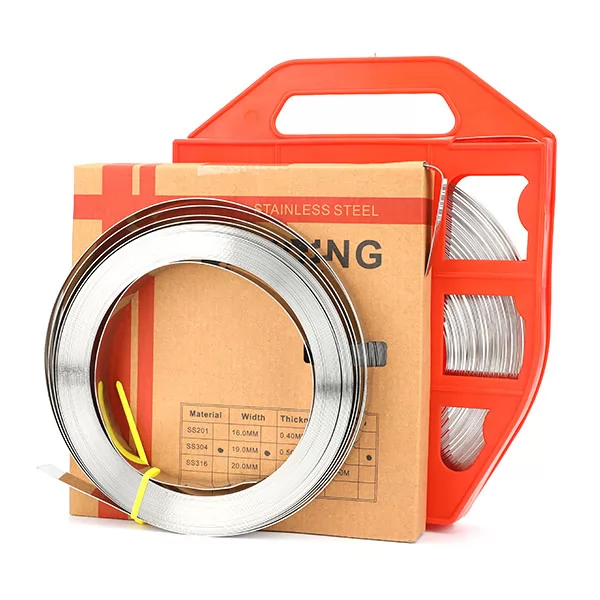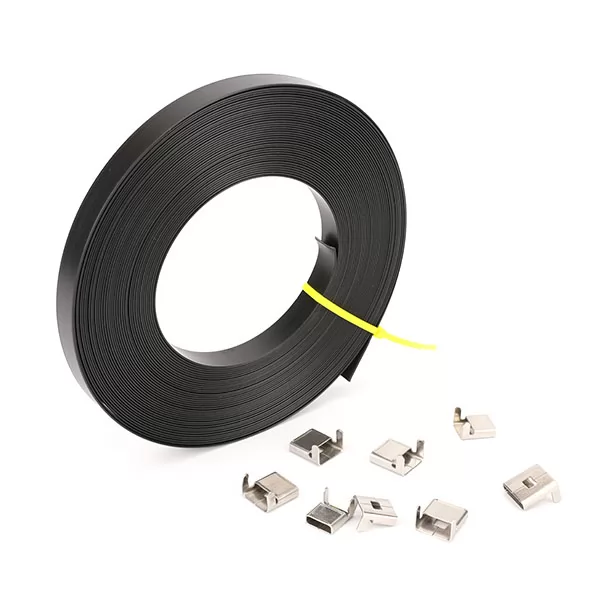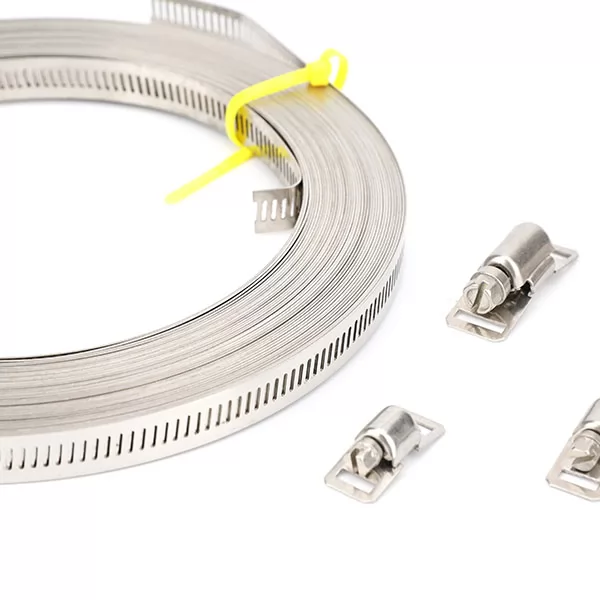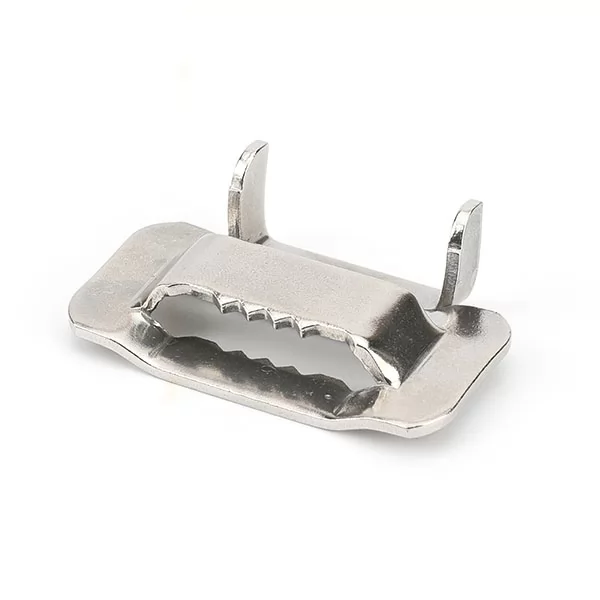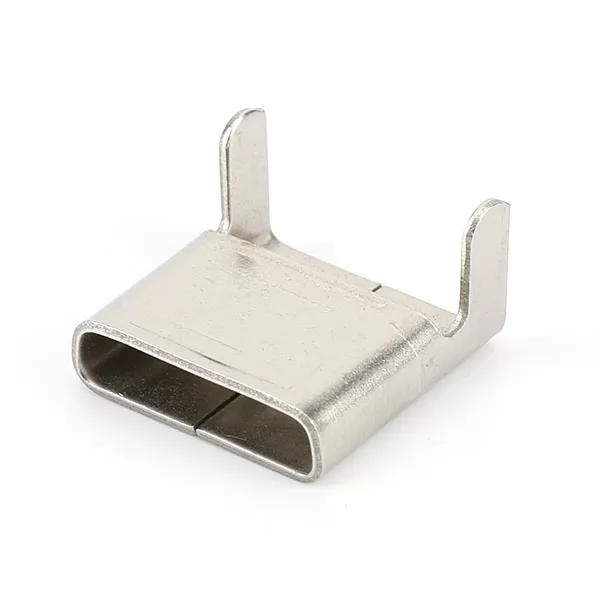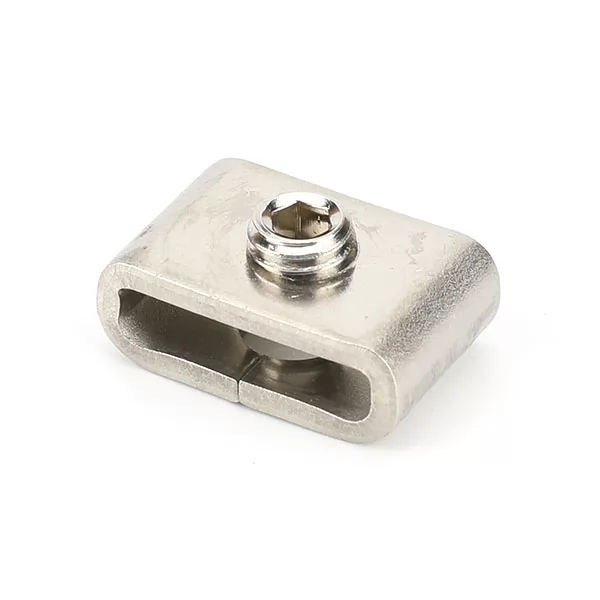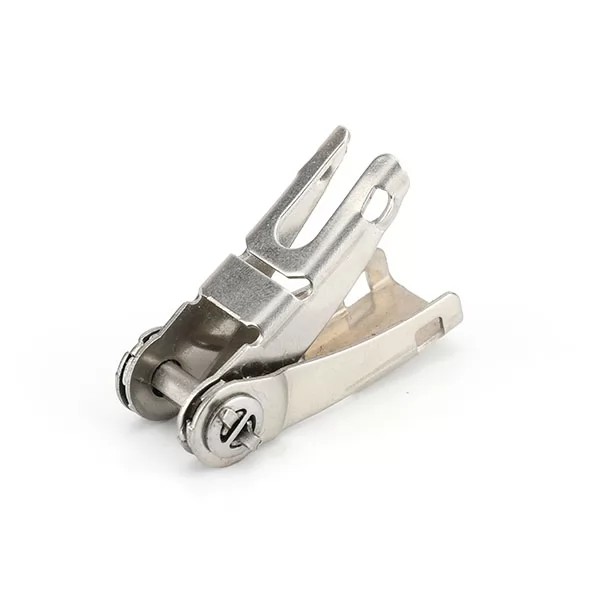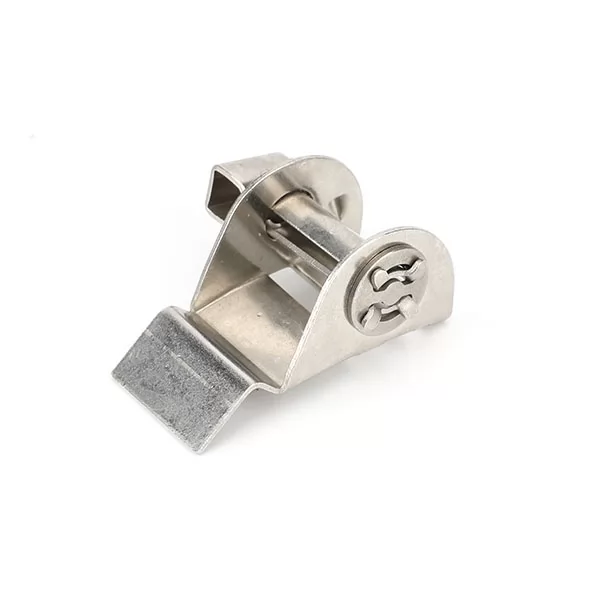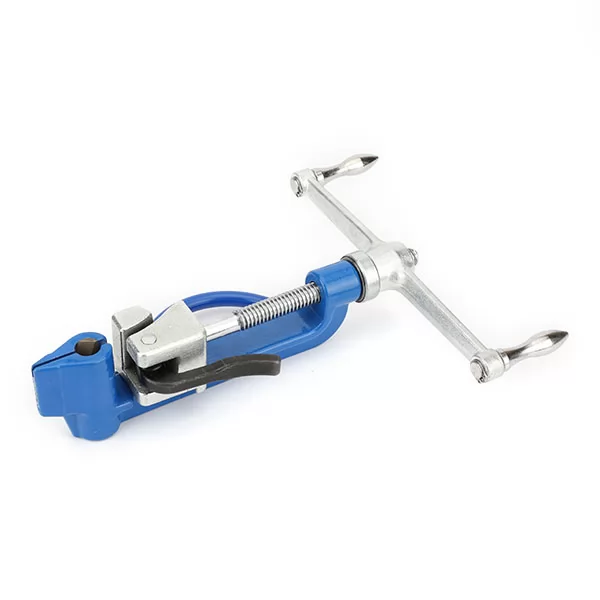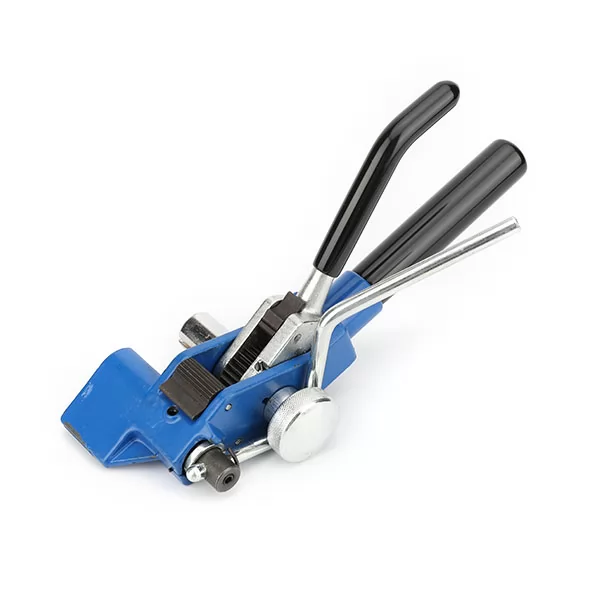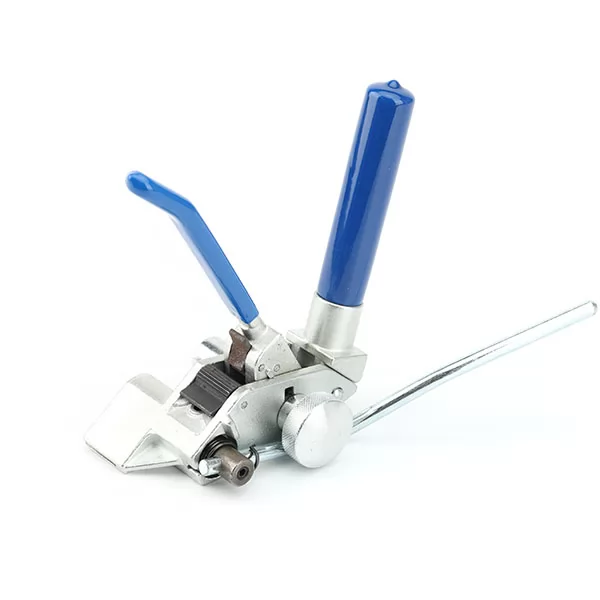Cheap Heavy Banding Tools
Secure unmatched durability and cost‑efficiency—contact LONYOU now to discover the ideal Cheap Heavy Banding Tools solutions tailored to construction, shipbuilding, and transportation projects!
1. Material Selection and Price Implications
Choosing the correct material grade is the foundation for balancing performance and cost in Cheap Heavy Banding Tools.
304 stainless steel, composed of 10.5% chromium and 8% nickel, offers excellent corrosion resistance in most indoor and mildly aggressive environments at a budget‑friendly price. In contrast, 316 stainless steel incorporates 2–3% molybdenum, greatly enhancing pitting and crevice corrosion resistance in marine and chemical settings, justifying its 15–20% price premium over 304 on bulk fastener orders.
Beyond alloy composition, the market price of nickel—a core fastener component—directly influences Cheap Heavy Banding Tools. In April 2025, nickel futures hovered around $15,800 per tonne, recovering from recent lows, and these fluctuations can ripple through to final fastener costs.
Additionally, stainless steel coil prices (the raw strip from which fasteners are stamped) averaged $1,875/MT CIF East Asia, further impacting the base price of strapping, buckles, and hose clamps. By monitoring these commodity indices, buyers can anticipate price trends and negotiate more effectively with suppliers.
Ultimately, understanding the intrinsic link between raw material costs, alloy selection, and production scale is key to securing the most competitive Cheap Heavy Banding Tools without sacrificing quality or longevity.
2. Mechanical and Environmental Considerations
Industrial fasteners must withstand both mechanical loads and harsh environments, making technical specifications paramount.
2.1 Mechanical Properties and Stress Tolerance
Stainless steel fasteners undergo rigorous evaluation for tensile strength, yield strength, and fatigue life to ensure they reliably support structural loads.
Tensile and Yield Strength: AISI 304 typically yields around 30,000 PSI, while both 304 and 316 grades exhibit tensile strengths up to 80,000–150,000 PSI, enabling robust performance under static loads.
Fatigue Resistance: Grade 316’s superior work‑hardening properties enhance its durability under cyclic loading, reducing the risk of fastener failure in vibrating machinery or moving assemblies.
Dimensional Precision: High‑accuracy stamping and CNC machining guarantee tight tolerances, minimizing assembly issues and maintaining consistent Cheap Heavy Banding Tools value through reduced rework.
2.2 Corrosion Resistance Mechanisms
Protecting fasteners from oxidation, pitting, and crevice corrosion is essential for longevity:
Chemical Passivation: Treating stainless steel with nitric or citric acid forms a stable oxide layer, significantly extending service life in corrosive environments.
Surface Finishes: Electropolishing yields a smoother finish that inhibits chloride adhesion, a common precursor to localized corrosion.
PREN Values: Calculated as Cr + 3.3 Mo + 16 N, the Pitting Resistance Equivalent Number helps predict an alloy’s performance in aggressive conditions, guiding material selection for high‑risk applications.
Evaluating these mechanical and environmental factors ensures that your chosen Cheap Heavy Banding Tools products will deliver both safety and reliability, even under the most demanding operating conditions.
3. Certification and Quality Assurance
Quality marks and systematic audits underpin the trustworthiness of any Cheap Heavy Banding Tools solution.
3.1 International Standards (ASTM &CE)
ASTM A193/A194: These specifications govern alloy steel and stainless steel bolting materials for high-temperature or high-pressure service, ensuring consistent chemical composition and mechanical performance.
ASTM F593/F594: Define requirements for stainless steel fasteners in aerospace and general industrial applications, covering everything from thread geometry to fatigue testing.
CE Marking: A CE declaration confirms compliance with EU construction, health, and safety directives, allowing fasteners to be sold across 60+ markets without additional certification.
3.2 Supplier Credentials and Audits
Partnering with an ISO 9001:2015–certified manufacturer guarantees a documented quality management system, covering raw‑material traceability through to final inspection. On‑site factory audits and third‑party lab testing (tensile, hardness, corrosion) provide additional assurance that every batch of Cheap Heavy Banding Tools products meets the promised specifications.
Through adherence to these standards and continuous auditing, customers can rest assured that their fasteners will perform consistently and safely, justifying the investment in premium Cheap Heavy Banding Tools solutions.
4. Total Cost of Ownership and Procurement Strategies
Maximizing ROI requires looking beyond upfront costs to the end-to-end expenses associated with fastener use.
4.1 Lifecycle Cost Analysis
Lifecycle costing accounts for acquisition, installation, maintenance, and end-of-life recycling, ensuring a holistic view of fastener expenditure. Stainless steel’s 100% recyclability recoups material value at disposal, and superior grades like 316 can last 2–3×longer than lower alloys, offsetting initial premiums through reduced replacement and downtime.
4.2 Pricing Models and Volume Discounts
Just‑In‑Time (JIT) Ordering: Minimizes inventory carrying costs by synchronizing deliveries with production needs, freeing up working capital.
Industrial IoT Monitoring: Real‑time tracking of stock levels and environmental conditions can reduce waste and overstock by up to 10%, driving down overall procurement costs.
Raw‑Material Hedging: Leveraging futures contracts for nickel and chromium stabilizes input costs, protecting against market volatility.
Bulk Order Discounts: Purchasing in larger volumes typically unlocks 15–30% off list prices, especially when aligned with manufacturer production runs.
By integrating these strategies, buyers can negotiate optimal Cheap Heavy Banding Tools terms that balance cash flow, inventory risk, and long‑term value.
FAQ
Q1:How much more should I budget for 316 vs. 304 fasteners?
A1:Expect a 15–20% premium for 316 over 304 in bulk orders, reflecting its enhanced corrosion resistance.
Q2:Which certifications are essential for industrial fasteners?
A2:Key certifications include ASTM A193/A194, ASTM F593/F594, CE marking, and ISO 9001 quality management.
Q3:Can JIT and IoT significantly reduce fastener costs?
A3:Yes, JIT slashes inventory costs, while IoT monitoring can deliver up to 10% savings through smarter stock control.
Conclusion
By carefully evaluating material grades, mechanical specs, certifications, and procurement strategies, you can select Cheap Heavy Banding Tools solutions that deliver maximum durability, safety, and cost-efficiency. Partner with experienced, certified suppliers and leverage advanced inventory and hedging tactics to achieve superior long‑term value for your industrial applications.
More Related Articles:

